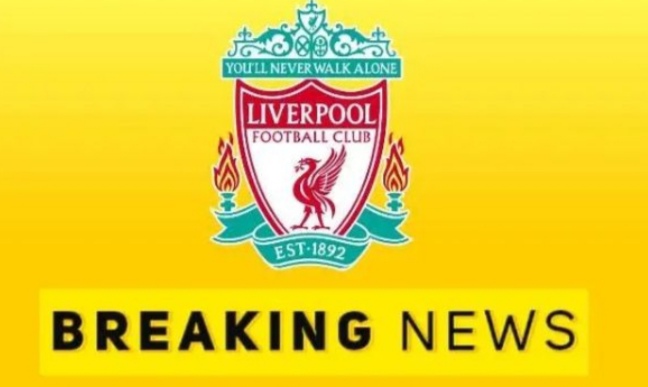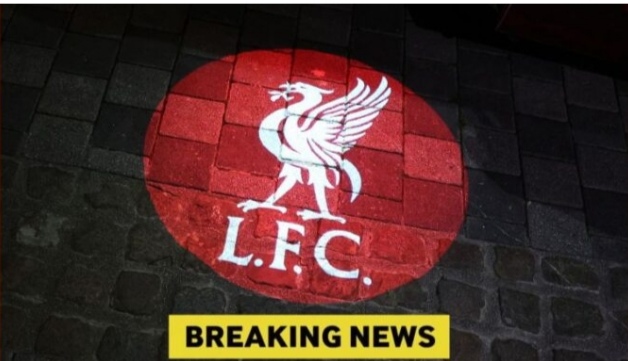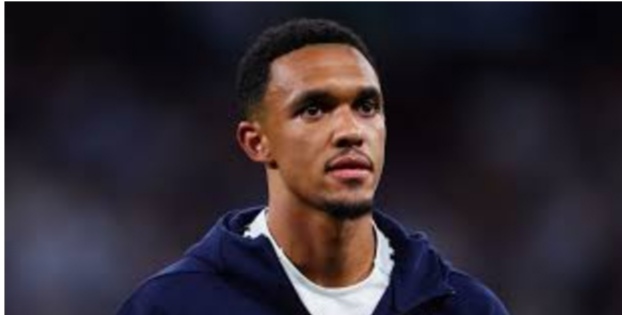Jurgen Klopp’s New Chapter: From Touchline Fire to Football’s Architect
Jurgen Klopp has never been a man who stands still. When he left Liverpool in the summer of 2024, he swore he’d take a long break — time away from the emotional chaos and constant scrutiny that come with football management. He wanted quiet. He wanted normal life. But for a man whose heartbeat has always matched the rhythm of the game, destiny had other plans.
Just sixteen months after his teary farewell at Anfield, Klopp is back — not in the dugout, but behind the scenes, shaping the future of the sport he loves. The German Football League (DFL) has appointed him to an expert panel charged with improving the nation’s football infrastructure, youth systems, and club operations.
It’s a new direction for the 58-year-old, who is also serving as Global Head of Football for the Red Bull Group, overseeing clubs like RB Leipzig, Salzburg, and New York Red Bulls. For someone who once claimed he needed distance from football, Klopp’s “rest” has quickly become a masterclass in reinvention.
From Liverpool’s Soul to Germany’s Strategist
For millions of Liverpool fans, the news felt like a warm reminder of the man who gave them back their belief. Klopp’s smile, his energy, and that famous fist pump had become symbols of Anfield’s rebirth. Now, he’s channeling that same passion into helping German football rediscover its competitive edge.
According to the DFL, Klopp’s panel will focus on developing young talent and strengthening the structures that support clubs across the Bundesliga and 2. Bundesliga. The group’s recommendations will be presented to the league in 2026 — potentially shaping the next decade of German football.
He won’t be working alone. Alongside him are respected figures like Sami Khedira, Jochen Sauer of Bayern Munich, and Markus Krosche from Eintracht Frankfurt — all veterans of the sport who share Klopp’s desire to modernize Germany’s footballing model.
For Klopp, it’s a homecoming. Before he conquered Europe with Liverpool, he was the lifeblood of German football — first as a scrappy innovator at Mainz, then as Borussia Dortmund’s revolutionary leader. His high-pressing, emotionally charged football didn’t just win trophies; it changed how Germany played the game.
A Different Kind of Influence
DFL managing director Marc Lenz described Klopp’s involvement as vital to “ensuring that the sporting, financial, and structural frameworks remain strong.” The move comes at a time when German football faces mounting challenges — from stagnating youth pipelines to increased competition from wealthier leagues.
Klopp brings more than tactics to the table; he brings credibility and humanity. His leadership has always been rooted in connection — understanding people as much as players. It’s why he turned Liverpool from doubters to believers and why he’s trusted now to help German football evolve.
Despite his new workload, Klopp insists he’s at peace with life away from the touchline. In an interview with The Athletic, he said:
“I was happy watching Liverpool. I played sports, spent time with the grandkids — completely normal stuff. I knew I’d work again, but not as a coach.”
That clarity marks a new phase for Klopp: influence without intensity. No post-match press conferences, no sleepless nights before finals — just football in its purest form, approached with the wisdom of experience.
Red Bull’s Mastermind
His role with the Red Bull Group has already shown how his philosophy translates beyond the pitch. He oversees strategy across a global network of clubs known for youth development and attacking energy. At Leipzig and Salzburg, that DNA is thriving — and Klopp’s presence ensures it remains focused and forward-thinking.
Now, with the DFL, he’ll apply that same structural insight on a national scale. He’s long obsessed over systems — not bureaucratic ones, but the human mechanisms that fuel football: how academies nurture talent, how clubs build culture, and how identity shapes success.
At Liverpool, those principles made him more than a manager. Players described him as a mentor and a friend. He didn’t just coach a team — he built a family. That empathy, that understanding of people, is what the DFL hopes will translate into a stronger, more unified football culture across Germany.
A Legacy Beyond the Touchline
For Liverpool supporters, Klopp’s new chapter feels both comforting and bittersweet. His successor, Arne Slot, is building his own era, yet Klopp’s presence still lingers — a quiet guardian of the club’s spirit.
The absence of his touchline charisma leaves a void in modern football. Few managers have ever connected with fans the way he did — with laughter, honesty, and heart. But even in retirement, his influence endures. He’s no longer the conductor of the chaos, but the composer behind the curtain.
Asked if he could ever return to management, Klopp laughed:
“Maybe at 65, people will remind me I said I’d never do it again! But right now, I don’t miss anything.”
That sentence says everything. Klopp has found peace — a rare luxury in football. His life now is balance: close enough to the game to shape it, far enough to breathe.
Building Football’s Future
The DFL’s expert panel will begin its work soon — long meetings, policy reports, and consultations that rarely make headlines but often change the game’s future. And somewhere in those rooms, Klopp will be there, lighting up discussions with the same energy that once electrified Anfield.
His story has evolved from passion to purpose. From Mainz to Dortmund, Liverpool to Leipzig — Klopp’s journey has always been about building, believing, and belonging. Now, he’s doing that for the sport itself.
As he once said, “I never needed to be the main man. I just wanted to be part of something special.”
And he still is. Whether shaping the Bundesliga’s future or mentoring the next generation of thinkers, Klopp’s legacy isn’t fading — it’s transforming.
Jurgen Klopp may no longer pace the technical area or pump his fists at the Kop, but he remains football’s beating heart. His new mission isn’t about lifting trophies; it’s about lifting standards — ensuring that the game he loves continues to inspire, connect, and believe.
Because for Klopp, passion never really retires. It just finds new ways to keep the fire alive.








